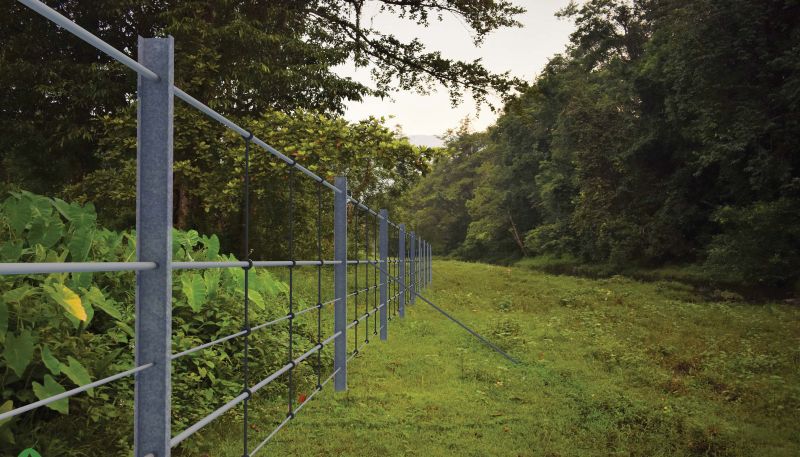Kerala: Crash guard rope fence' stops jumbos
Project implemented in Mankulam forest division in Idukki gets IIT approval.

THIRUVANANTHAPURAM: An innovative project is being implemented in the Mankulam forest division in Idukki to stop the intrusion of wild elephants into the human habitats. DFO B. N. Nagaraj has devised a 'crash guard rope fencing' using iron ropes which are connected to galvanized steel rods with five layers at a height of three metres. This is being erected on the 1.2-kilometre stretch from Anakulam to Valiyaparakutty, where the elephants mostly encroach. The project has won the approval of Palakkad IIT and Dr. P. S. Easa, elephant expert and former head of Kerala Forest Research Institute.
The forest department has to spend only Rs 50 lakh for this project whereas the earlier trenches, solar fencing and abandoned railway tracks had proved ineffective and costly. Currently, there are 98 elephants in the Mankulam forest division where they come to drink water from the Anakulam river which is rich in several minerals. The locals are mainly engaged in pepper, coconut, rubber, tapioca and plantain cultivation. But recently the animals have strayed into cocoa crop areas and begun to eat the seeds. This led Mr Nagaraj to come up with the fencing project.
 A crash guard rope fencing model
A crash guard rope fencing model
"Except the primates, no other species will try to jump the rope fencing. So far, the elephant population has not killed any locals. We acted swiftly rather than wait for a danger to happen. We have close to 40 applications from the locals demanding compensation for the crop damaged by the elephants," said Mr Nagaraj who hails from Attingal. A local contractor based at Adimaly in Idukki has been awarded the work which has been approved by Dr. Easa, Mr T. K. Sudheesh, assistant professor in civil engineering, IIT Palakkad and Dr. Sunil Kumar, veterinarian.
Dr. Easa told DC that so far mitigation measures like digging trenches against elephant conflict were copied from Kenya. "Nagraj's fencing uses galvanised steel rods akin to the earlier alternative of using abandoned railway tracks. This is good as it's economically viable as one km of abandoned railway track enforcement costs between Rs 1.3 crore and Rs 1.4 crore," said Dr. Easa. The forest department plans to replicate such fencing across the state eventually.

